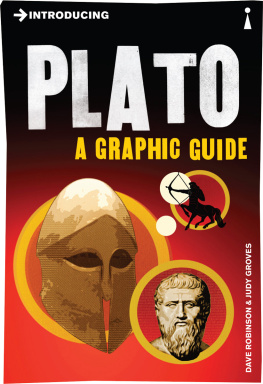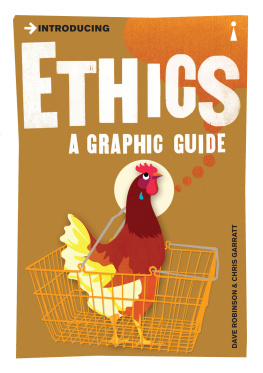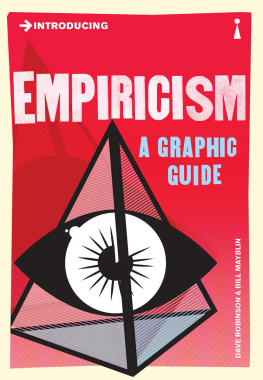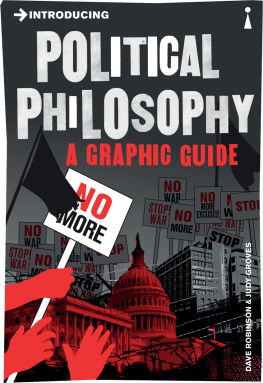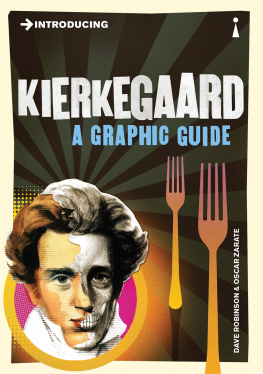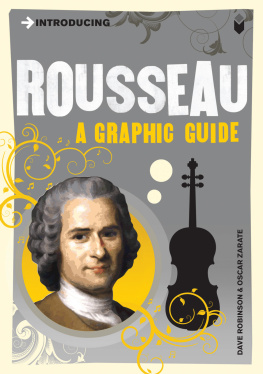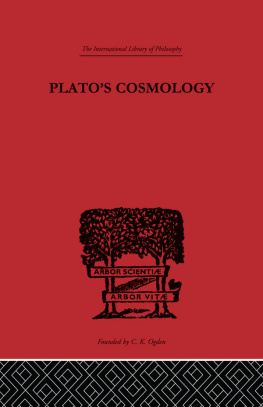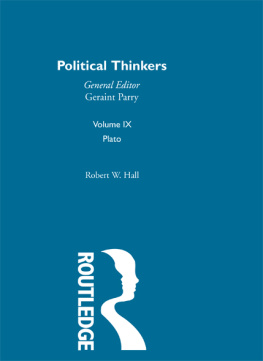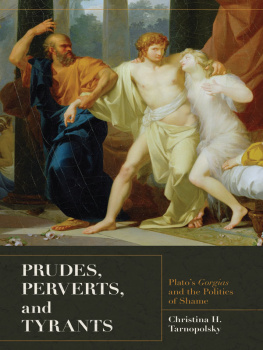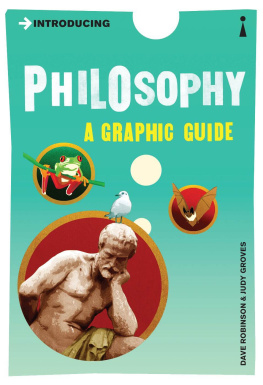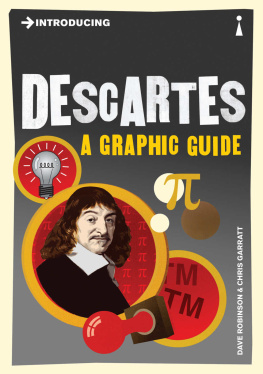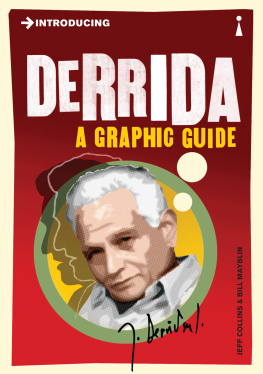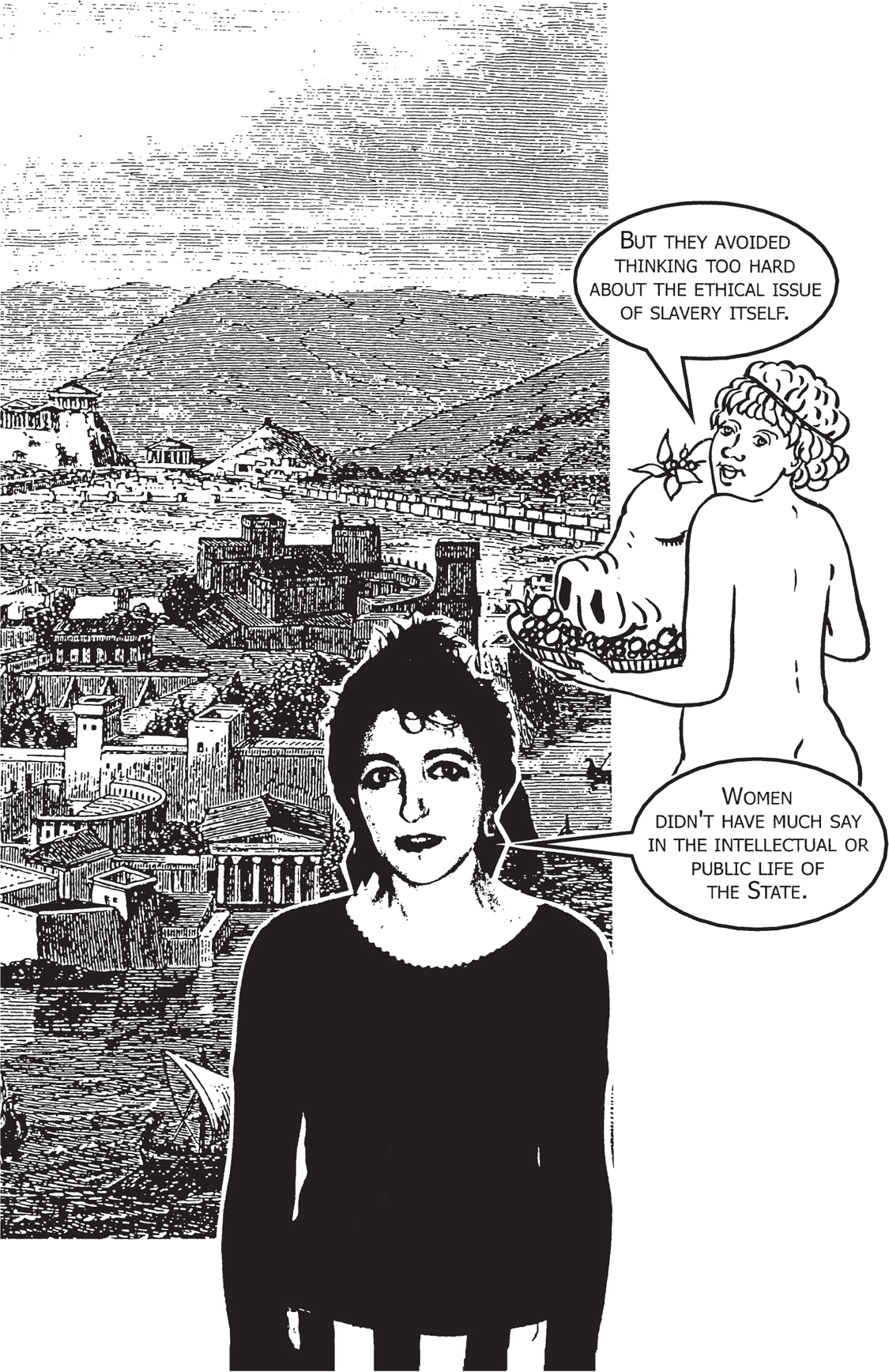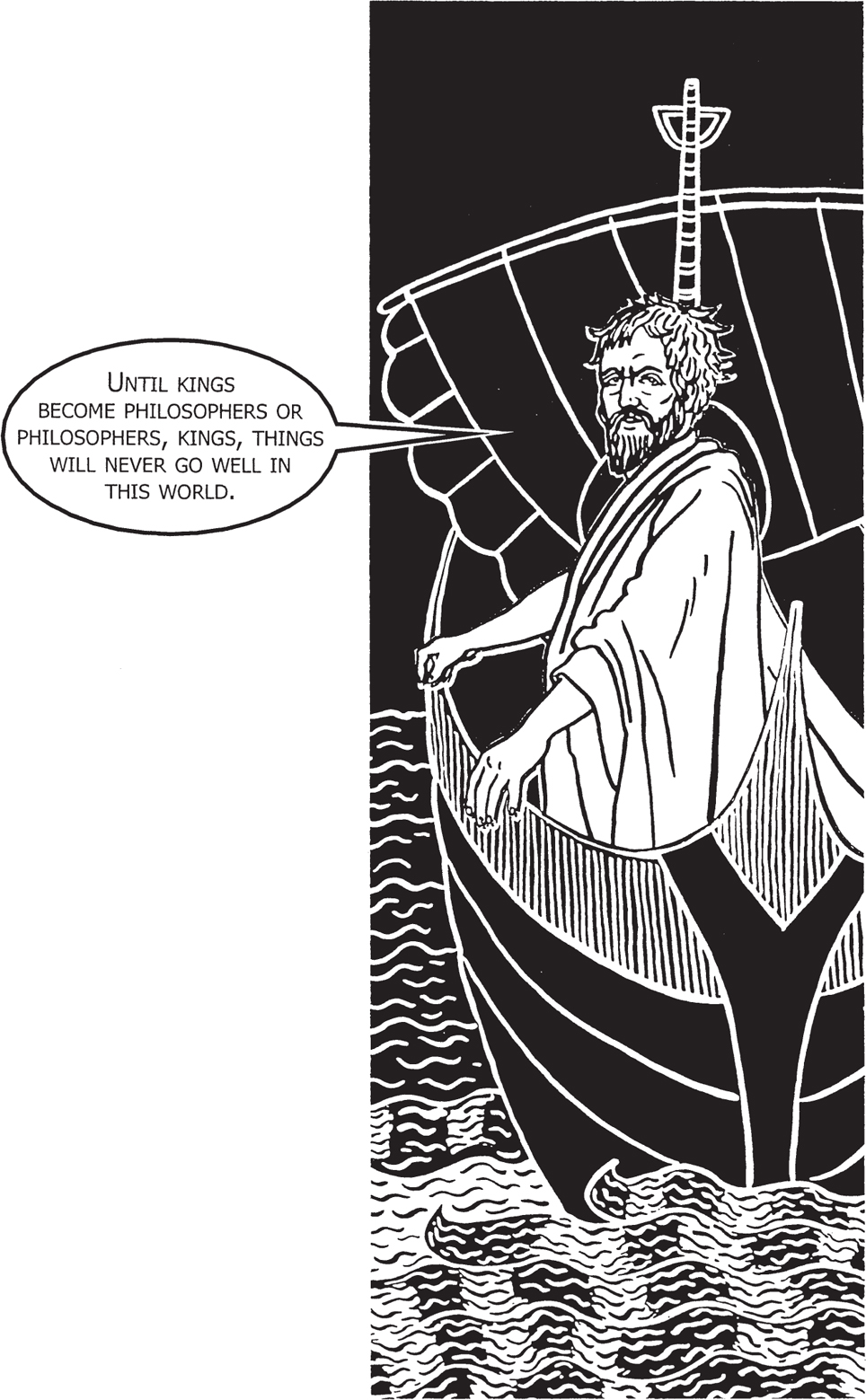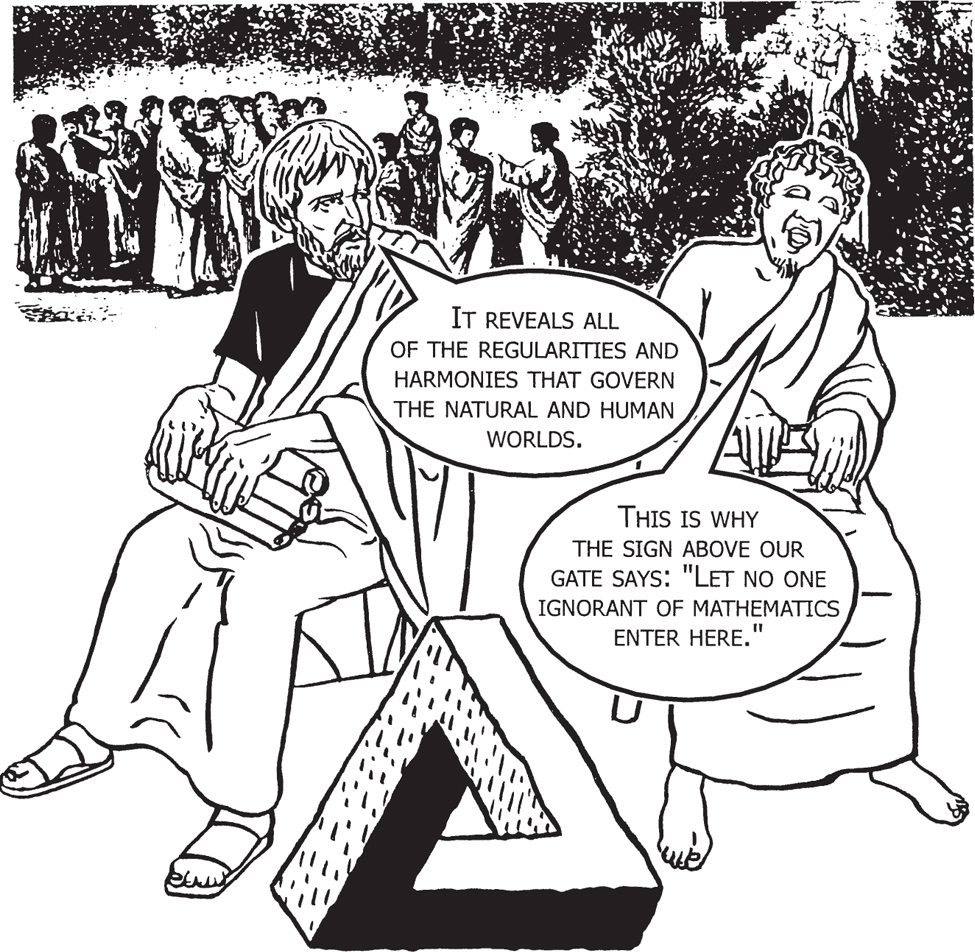Acknowledgements
The author would like to thank all of the students with whom he has studied Platos philosophy. They helped him identify and clarify problems and even provided him with a few answers. So Socrates firm views about philosophy as an activity may be right after all. He would also like to thank Judy Groves for her artistic imagination and friendship, and the patient and painstaking work of his long-suffering editor Richard Appignanesi who, amongst many other things, knows how to use the comma and the semi-colon.
The artist would like to thank Oscar Zarate who contributed some excellent drawings, Arabella Anderson and Deane Waerea for allowing me to photograph them for this book, and David King and Howard Peters for their help with picture research.
The King of Philosophers
Plato was probably the greatest philosopher of all time, and the first to collect all sorts of different ideas and arguments into books that everyone can read. He wanted to know about everything and constantly pestered his friends and fellow philosophers for answers to his disturbing questions. He also had resolute ideas of his own, some of which seem sensible enough, and some of which now seem extremely odd. But, from the start, he knew that doing philosophy was a very special activity
ALL PHILOSOPHERS MUST SOAR WITH UNWEARIED PASSION UNTIL THEY GRASP THE TRUE NATURE OF THINGS AS THEY REALLY ARE.
The World of Athens
Plato was born in 427 B.C.E. into an aristocratic family, and lived in Athens for most of his life. The 5th century city-state of Athens was probably the most civilized place in the world a home to astronomers, biologists, logicians, artists, mathematicians, and all sorts of thinkers then loosely categorized as lovers of wisdom or philosophers.
THE ATHENIAN EMPIRE EXTENDED THROUGHOUT THE MEDITERRANEAN. AND IT WAS MAINTAINED WITH RUTHLESS EFFICIENCY.
All of the dull hard physical work was performed by slaves, so most Athenians had plenty of leisure time in which to think and talk about ideas.
BUT THEY AVOIDED THINKING TOO HARD ABOUT THE ETHICAL ISSUE OF SLAVERY ITSELF. WOMEN DIDNT HAVE MUCH SAY IN THE INTELLECTUAL OR PUBLIC LIFE OF THE STATE.
The actual city of Athens was small enough for everyone to know everyone else, which means that Platos philosophy was probably directed at a specific elite audience of intellectual friends and acquaintances.
The Decline of Athens
Plato lived through a turbulent and finally disastrous period of Athenian history. In the Golden Age of Athens, the great statesman Pericles (c. 495-429 B.C.E.) had been able to unite nearly all of the other Greek city-states into a temporary alliance against the Persians, who were always threatening to invade. The union was short-lived.
THE CITY-STATES OF ATHENS AND SPARTA SPEND MOST OF THEIR TIME FIGHTING FUTILE AND INCONCLUSIVE WARS AGAINST EACH OTHER. UNTIL THE YEAR 405 B.C.E., WHEN SPARTA FINALLY WON A DECISIVE VICTORY.
It is extremely likely that Plato fought in this last war as a cavalryman. It would have been very odd for a citizen like him not to have done so. Like other young upper-class Athenians, he was probably rather ambivalent about the war.
WE ADMIRED SPARTA AS AN ARISTOCRATIC SOCIETY THAT WAS EFFICIENT AND STABLE BECAUSE IT STOOD NO NONSENSE FROM THE LOWER ORDERS.
After the war, Sparta imposed a puppet government on Athens. Plato would probably have become a part of it, like his relatives Critias and Charmides, if history had been slightly different.
Socrates
Plato met a charismatic philosopher called Socrates (470-399 B.C.E.) who completely changed his life. Socrates was a popular guru for many young Athenians, even though his appearance, personal habits and philosophical views were mocked and lampooned in the Athenian theatres and in public life. Socrates maintained that philosophy couldnt be taught, because it was really an attitude of mind rather than a body of knowledge. And like all gurus, he usually spoke in riddles and paradoxes.
THE WISE MAN IS THE ONE WHO KNOWS THAT HE IS IGNORANT. SOCRATES INSISTS THAT PHILOSOPHERS HAVE TO QUESTION CONVENTIONAL WISDOM AND CHALLENGE TRADITIONAL BELIEFS. YOUNG PEOPLE MUST THINK FOR THEMSELVES AND TAKE NOTHING FOR GRANTED.
Socrates was encouraging the sort of rebellious behaviour that governments and authorities usually hate. The citizens of Athens eventually threw out the puppet government of the Thirty Tyrants, restored a democratic government, and in 399 B.C.E. had Socrates executed by forcing him to drink poison. The rather unconvincing charges against him were that he was blasphemous and that he was corrupting young people. In fact, he was probably condemned because of his continuing close friendship with two ex-pupils Critias (The Tyrant) and Alcibiades (The Spartan Traitor). Socrates, like his pupil, Plato, seems to have made disastrous choices when it came to friends.
Foreign Travels
Socrates execution was a highly traumatic event for many young Athenians, including Plato, who left the city disgusted with all Athenian politics and politicians. At the time, he said that
UNTIL KINGS BECOME PHILOSOPHERS OR PHILOSOPHERS, KINGS, THINGS WILL NEVER GO WELL IN THIS WORLD.
He travelled around the Mediterranean, may have visited Egypt, may have been kidnapped and ransomed by pirates, and almost certainly did visit some Greek colonies in Southern Italy, before he finally settled briefly in Sicily at the court of King Dionysius I. Here he met an attractive young man called Dion, who made a big impression on the middle- aged Athenian refugee. He also met the philosopher Archytas of Tarentum, who encouraged his interest in Pythagorean mathematics.
The Academy
The homesick Plato eventually returned to Athens where, circa 387 B.C.E., he established the first ever European university called The Academy in the western suburbs. In this educational institution, fulltime scholars ate around the same table, argued about everything that was known, and kept the spirit of Socratic debate alive. Plato gave lectures to students on mathematics, astronomy and his theory of Forms whilst walking around his garden. He had a small library and perhaps even a mechanical model of the planetary orbits. Like the Pythagorean scholars of southern Italy, the members of the Academy believed that a study of mathematics held the key to all understanding.

